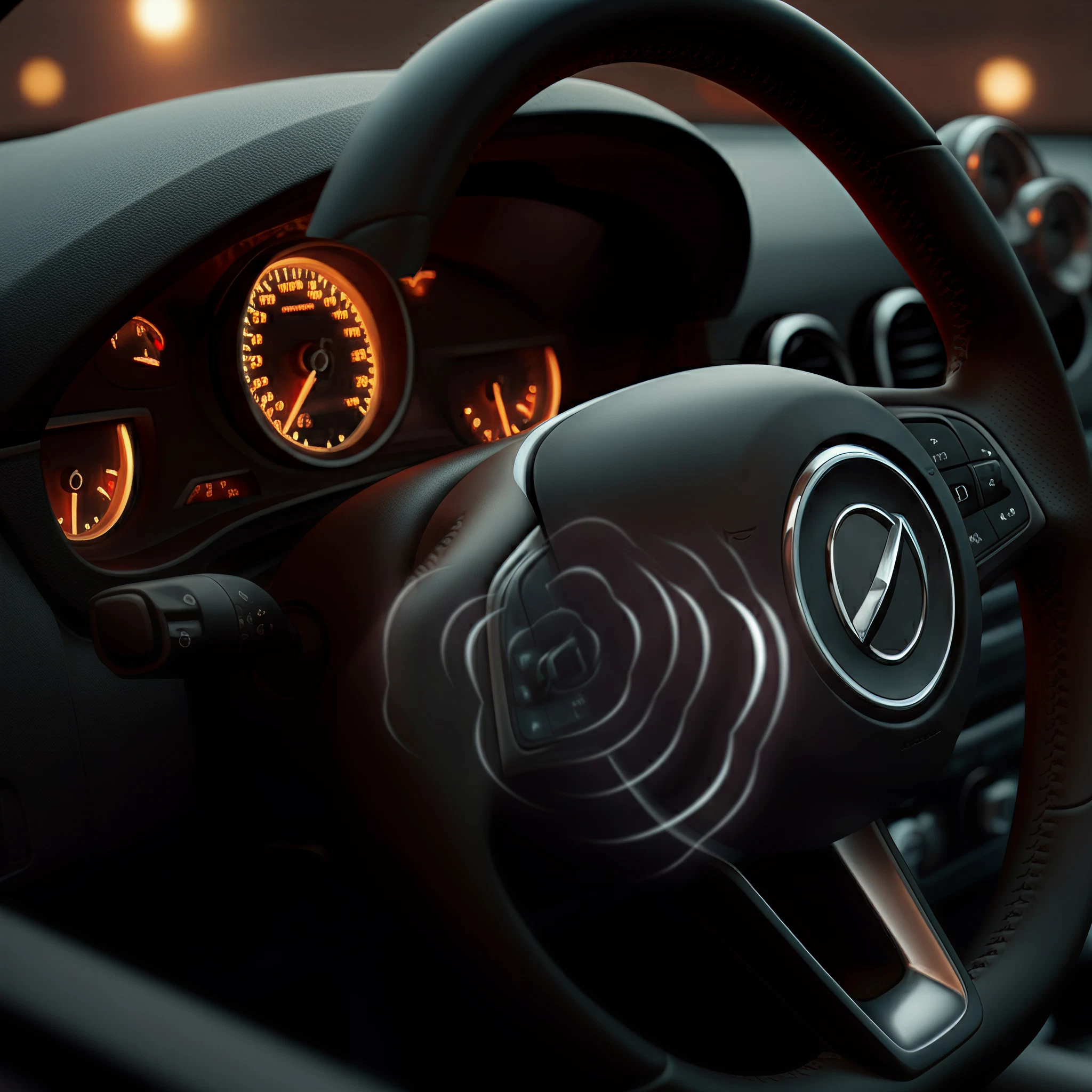If you’ve recently noticed a popping noise when turning the steering wheel, it might feel concerning. That sound could indicate an underlying issue within your car’s system. The good news? Most causes of this issue can be identified and fixed with the right approach. This article will guide you through the potential causes of the popping noise, how to diagnose it, and the steps you can take to fix the problem.
What Causes the Popping Noise?
Here are the most common culprits behind that unsettling sound when you turn your steering wheel:
1. Worn-Out or Damaged CV Joints
The constant velocity (CV) joints are essential for transferring power from your car’s transmission to its wheels while allowing flexibility as you turn the wheel. Over time, these joints can wear down, especially if their protective boots are compromised. A damaged or dried-out CV joint often results in a distinct popping or clicking noise, particularly during sharp turns.
2. Low Power Steering Fluid
Power steering systems rely on fluid to operate smoothly. If your car’s power steering fluid is low, the system may create unusual noises, such as popping or squealing, when you turn the wheel. Low fluid levels can also make your steering feel heavier and less responsive.
3. Suspension Problems
Faulty suspension components, such as worn tie rod ends or ball joints, can produce popping noises when you turn. These parts are critical for maintaining your steering wheel’s alignment and ensuring smooth movement. When they wear out, they may create looseness, leading to both noise and performance issues.
4. Steering Rack or Pump Issues
The steering rack and pump are integral to transferring your input from the steering wheel to the wheels themselves. If either of these components is worn or damaged, it can create a popping or knocking sound. Steering rack issues can also cause vibrations, making the car harder to handle.
How to Fix the Popping Noise
1. Inspect and Replace CV Joints
- What to Look For: Check for any cracks or tears in the CV joint boots or grease leaks around the joints.
- Solution: If the CV joint is faulty, it’s best to replace it with a high-quality part. This repair is often better left to a professional mechanic unless you’re experienced with suspension work.
2. Check and Refill Power Steering Fluid
- What to Look For: Locate the power steering fluid reservoir under the hood and check the fluid level against the markings. If it’s low, inspect the system for leaks.
- Solution: Top off the fluid with the manufacturer-recommended type, and repair any leaks to prevent the problem from recurring.
3. Examine Suspension Components
- What to Look For: Check for loose or worn tie rod ends, ball joints, or control arms. Signs of damage might include excessive play or rust on the components.
- Solution: Replace any faulty parts. Suspension repairs often require specialized tools, so consulting a mechanic might be the best course of action.
4. Consult a Mechanic for Steering System Issues
- What to Look For: If the popping noise seems to originate from deep within the steering mechanism or the rack, it’s likely a more complex issue involving the steering rack or pump.
- Solution: A professional mechanic will have the expertise and tools to diagnose and address this problem. The fix might involve replacing the steering rack, repairing the pump, or both.
Why Addressing the Noise Matters
Ignoring the popping noise won’t just annoy you during your daily drive; it can also lead to more significant problems, such as poor vehicle handling, tire wear, or even complete loss of steering functionality. Addressing any unusual noises promptly can save you time and money in the long run while keeping your car safe to drive.
Preventing Future Problems
To keep your car running smoothly and avoid future issues, follow these maintenance tips:
- Regularly check your power steering fluid level and refill as necessary.
- Schedule periodic inspections of your suspension system, especially if you often drive on rough roads.
- Listen for unusual noises during turns and act quickly if you detect them.
- Get your car professionally inspected annually to prevent wear and tear from becoming severe.
When to See a Professional
While you can address some of these issues yourself, others might require professional assistance, particularly if diagnosing or resolving the root cause seems complicated. A skilled mechanic will be equipped to fix the problem effectively and ensure your vehicle performs at its best.
Final Thoughts
That popping noise when turning the steering wheel might be annoying, but it’s also a valuable signal that your car needs attention. Whether it’s worn CV joints, low steering fluid, or a suspension issue, identifying the cause early and implementing the right fix will prevent the problem from escalating.
Do you suspect an issue with your car but aren’t sure what to do next? Share your thoughts or questions in the comments below!








